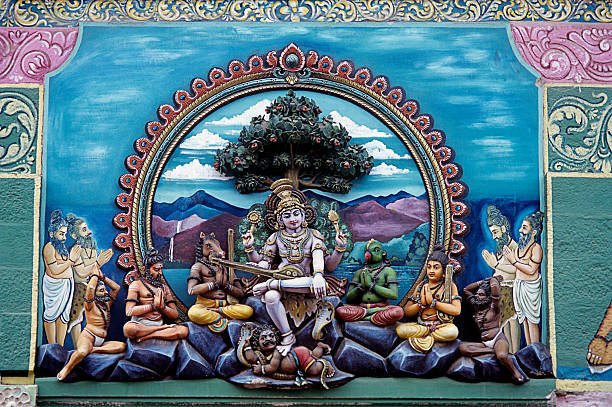#Yemen is a very active topic on Twitter these days, with a number of online campaigns underway, some of which are trending globally. What’s new and interesting is the massive participation by Yemenis using these hashtags #HouthiTerrorismInYemen & #StopHouthiTerrorismInYemen 1/13
These hashtags were originally started by NGOs& independent activists, but their goal coincided with the goal of t Houthi, which is ending support for Saudi Arabia 4/13
Some justified the accusations that Saudi bots are behind the anti-Houthi campaigns by citing...7/13
More from World
A quick thread on #Myitsone dam & #MyanmarChinaRelations in light of the SAC announcement that they would be restarting some stalled Chinese projects in Burma. This announcement has led to speculation about Myitsone, which has been suspended since 2011. Let’s go! ➡️ China has
consistently misunderstood & underestimated popular opposition to Myitsone. First and foremost, to the Burmese people, this is about the “mother river” of Burma - the Irrawaddy- and it’s nearly sacred importance to them as a lifeline of their country. This is what drove the
organic anti-dam movement that started locally in Kachin but +/- 2007 was effectively picked up & nationalized by Burmese environmental CSOs. Instead of understanding this, the Chinese lashed out and blamed the United States when Thein Sein suspended the project. I assure you
the USG was as surprised as China when the project was suspended. But China never believed it was truly the desire of the Burmese people that stopped the project. Today, the dam doesn’t make sense economically for Beijing & will definitely alienate Burmese, yet they stubbornly
continue to push it. Why? Let’s unpack a bit further. In addition to Myitsone, there were other campaigns & protests targeting Chinese projects such as Letpadaung copper mine & Kyaukphyu pipeline, port & SEZ. While these campaigns had varying levels off effect, none was as
Can\u2019t overstate how politically dangerous this is. As readers told me: a deeply unpopular regime pushing for deeply unpopular infrastructure projects. Not sure this is what Beijing wants either. https://t.co/TnlrgjPyxZ
— Thompson Chau (@tchau01) February 15, 2021
consistently misunderstood & underestimated popular opposition to Myitsone. First and foremost, to the Burmese people, this is about the “mother river” of Burma - the Irrawaddy- and it’s nearly sacred importance to them as a lifeline of their country. This is what drove the
organic anti-dam movement that started locally in Kachin but +/- 2007 was effectively picked up & nationalized by Burmese environmental CSOs. Instead of understanding this, the Chinese lashed out and blamed the United States when Thein Sein suspended the project. I assure you
the USG was as surprised as China when the project was suspended. But China never believed it was truly the desire of the Burmese people that stopped the project. Today, the dam doesn’t make sense economically for Beijing & will definitely alienate Burmese, yet they stubbornly
continue to push it. Why? Let’s unpack a bit further. In addition to Myitsone, there were other campaigns & protests targeting Chinese projects such as Letpadaung copper mine & Kyaukphyu pipeline, port & SEZ. While these campaigns had varying levels off effect, none was as
























